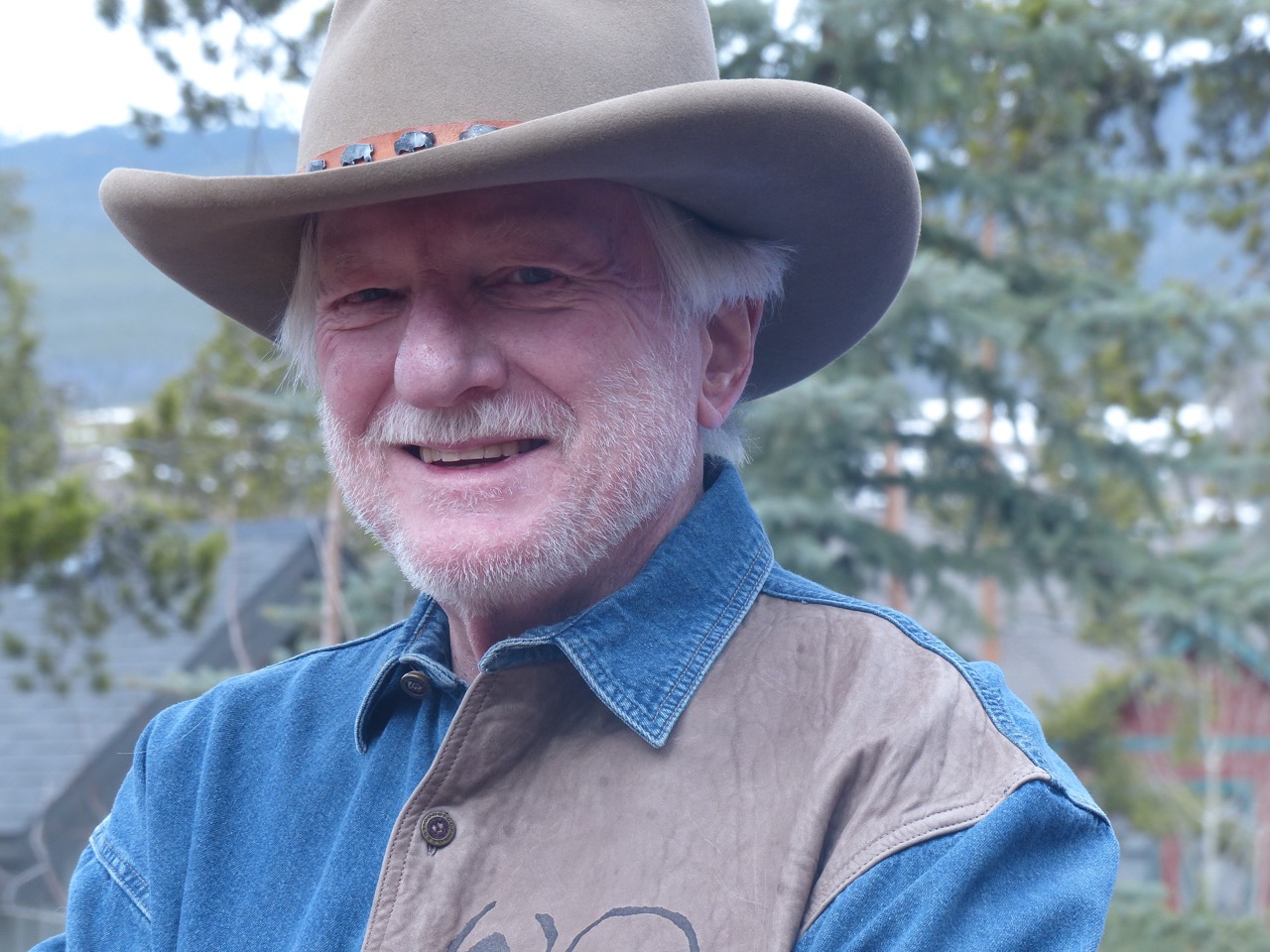Is Competition Great? Sure, for the Other Guy

You hear it all the time from capitalists* everywhere: Competition drives innovation. Competition keeps prices reasonable. Competition is great. Well, it is for everyone but "me" -- if "me" is the incumbent being challenged. In case you haven't guessed, this is all about Chattanooga's Greenlight. You know, the local government backed high-speed broadband project that wants to expand beyond Chattanooga's boundaries … but Tennessee law won't allow that.
It's amusing (sadly) to watch cable's original high-speed broadband providers lobby for state and local laws that would stop municipalities from overbuilding them. Oh, I fully understand there are a number of good reasons for that … among them the failure of (mostly small) communities to effectively compete. A lot of small towns have lost a lot of money; so, what are the incumbents saying? Let's avoid those taxpayer-funded losses (even if the taxpayers want to take the risk) and stop anyone in government from competing. That ain't American!
FCC Chairman Tom Wheeler (our great champion of "competition-pretty-much-only-he-and-Google-like") and his two semi-routine acolytes attempted to prohibit states from passing laws restricting any overbuilding by government. The FCC, not quite amazingly, forgot about our Federal Republic. States have rights that federal agencies cannot willy-nilly overrule. A court reminded Tom, et al.
And, hey! Chattanooga's overbuild worked … its even driven significant economic benefits to the region. But, Greenlight cannot expand into adjacent areas because, well, Tennessee said "no." There's that use of taxpayer money conundrum. Why should the government challenge private enterprise? That ain't right! (Most of the time, anyway, when private enterprise can. There are, for good reason, federal, state and local highways and byways. Parks. Water. Sewage. Etc.)
So is that it? Maybe not. Up here where I live at about 9,600 hundred feet, the town of Breckenridge is talking with the rest of Summit County's towns about a ballot proposal to override Colorado's similar ban. And some towns, including Longmont, have already done so. There's a kicker, though. Telecommunications of all kinds -- video, telephony, wireless, the Internet and so on -- all only truly work with scale. And scale refers to the size of user groups: the more the better. It is all about the cost to serve each subscriber. (Took awhile for Google to learn that it costs to wire cities.)
Overbuilding can work (think: WOW). But the risks increase the smaller the market.
It should be interesting to watch this fall in my county as the voters (a.k.a. taxpayers) signal their "yays" or "nays."
*But not, of course, heard from monopolists, oligarchs or dictators.
Random Notes
Way short on the spectrum auctions. Wonder what's next, if anything?
Rumors abound that the FCC will back off its set-top box crusade to something resembling the industry suggestions. Good move. Someone actually paid attention to the copyright implications.
About Google and incumbent broadband providers: The incumbents are trying, in a couple of markets, to prevent Google from getting a better pole attachment deal. If it hadn't been for the remarkably heavy-handed Mountain Bell unit of AT&T and some true cooperation between Republican and Democrats, cable never would have gotten a good pole attachment regimen. Mountain Bell goons followed around a Democratic US Representative for no real reason except that he and they disagreed. He and I were on a panel together one day babbling about telecom issues. I said he ought to get to know the cable industry.
So, all the way back at CableVision magazine in the early '70s, we decided to invite a number of cable guys, including my friend Bill Daniels (who had more Republican elephants in his house than you could count) and many other very Republican cable executives to our offices for cocktails and a chance to meet Rep. Tim Wirth of Boulder.
They talked. And they turned out to have a lot in common. And a law got passed that provided rational pole attachment rules. And cable grew. And along the way it built an infrastructure that lent itself to high speed broadband before anyone else.
Which is great. Unless the powers-that-be dictate an end to further competition.
The opinions and points of view expressed in this commentary are exclusively the views of the author and do not necessarily represent the views of MediaVillage.com/MyersBizNet management or associated bloggers.


